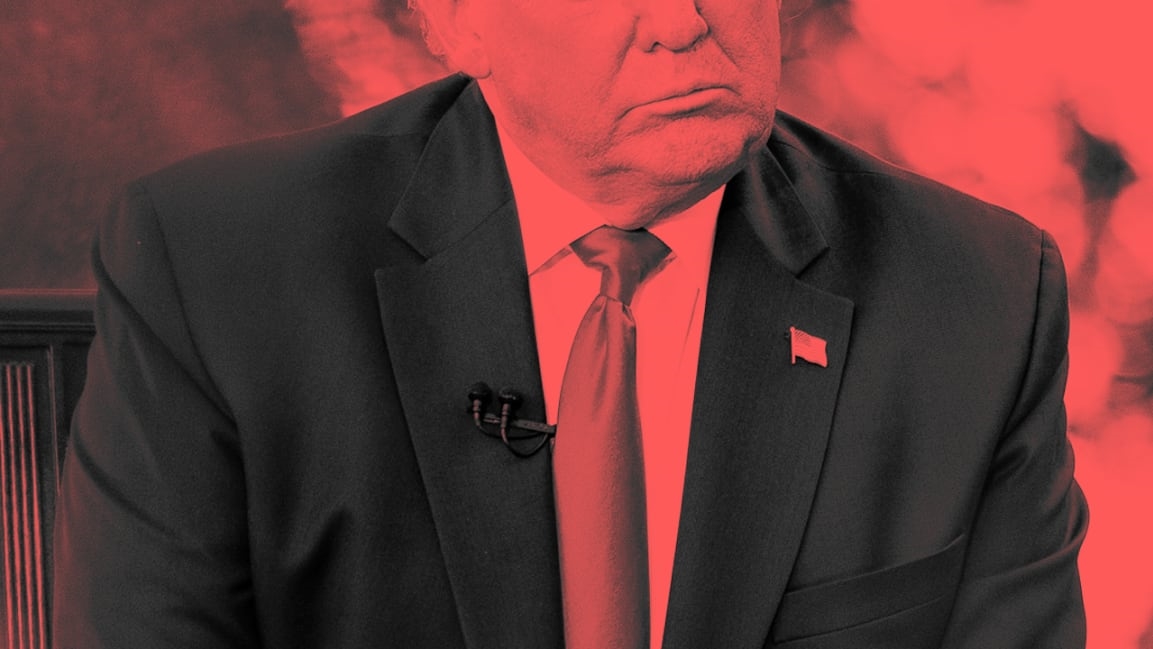Trump may never give a concession speech. Has that happened before?
One definition of concede is to surrender something that one possesses. Such as, you know, the presidency of the United States. Which might be done with, say, a concession speech.
None is forthcoming because conceding requires emotionally letting go of so much: identity as president, the security of the role, protection (from lawsuits), the image of being un-fireable, the daily routines, the White House, the power. Recall your worst breakup. That.
Letting go is not something that people like President Trump do. They prefer to attach themselves, gecko like, to the identities, possessions, powers, and entitlements that make them feel good, and when in doubt, create chaos.
This is a long way of saying that we are not likely to see a concession speech from President Trump, who lost the 2020 election to Joe Biden. Trump is more likely to tweet “NO LAW EXPLICITLY SAYS THAT I NEED TO LEAVE THE WHITE HOUSE. ALSO, I HAVE THE DEED.” (Experts have noted that Trump’s presidential term ends on January 20 whether he concedes or not.)
For days, the media has been paging through historical examples of concession speeches. The tradition of a polite concession from an incumbent dates back to John Adams’s meeting with Thomas Jefferson after losing his bid for a second term. Concessions became public in the late 1800s, and then jumped to television in 1950s, creating the live event we’re all familiar with, in which millions of people can closely analyze the loser’s body language and degree of eye tearing in real time.
Concession speeches are often given on election night or the day after, but not always. As National Graphic points out, Charles Evans Hughes didn’t concede to Woodrow Wilson for two weeks back in 1916. But, the outlet adds, in the modern history of the presidency, no major ticket candidate has simply refused to concede—yet.
Political theorist Paul Corcoran breaks the modern concession speech into four parts:
Styles vary widely, and touches of prayer usually show up. The whole enchilada is emotionally torturous for the speaker, but provides psychological balm and closure for staffers and supporters.
From our perch, Trump is on track to provide only a promise that the fight will continue. And continue. And continue. If his own history is a guide, he’ll pepper that by doling out chaos, acting out, and punishments. Hold onto your seatbelt, America: We’ve got a stage 5 clinger in the White House.
(26)



